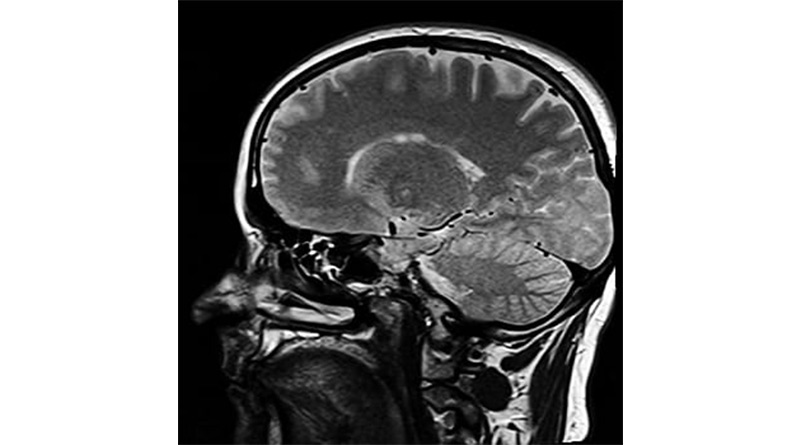Scottish Government’s Pledge To Research Why So Many People With Dementia Have Died From COVID-19
Alzheimer’s Research UK has welcomed the Scottish government’s plan to support people with dementia affected by COVID-19, as it vows to carry out research to find out why so many people with dementia have died during the pandemic.
The commitment is one of several made in the government’s plan, outlining how it intends to support people with dementia, their carers and families, as the nation recovers from the COVID-19 pandemic.
In July 2020, the National Records of Scotland showed that of all deaths involving COVID-19 between March and June 2020, 92% had at least one pre-existing condition. The most common main pre-existing condition was dementia and Alzheimer’s disease (31%).
The Scottish government plans to carry out research to understand why so many people with dementia have died during the pandemic, and will use their findings to improve clinical responses to people with dementia who contract COVID-19 in the future.
The plan also outlines the importance of an early diagnosis of dementia and post-diagnostic support. It says a study in partnership with the Care Inspectorate will examine the use and review of psychoactive medication in care homes during the pandemic.
Alzheimer’s Research UK, the UK’s leading dementia research charity, has welcomed the commitments made by the Scottish government, as it says people with dementia have been some of the hardest hit by the pandemic.
Susan Mitchell, Head of Policy at Alzheimer’s Research UK, said: “The COVID-19 pandemic has hit people with dementia and their families particularly hard and this has been an incredibly frightening time for them. We are pleased to see the Scottish government’s commitment to supporting those affected by dementia following the pandemic, particularly the pledge to conduct research into why so many people with dementia have died from COVID-19. This important work will help us to understand why people with dementia have been disproportionately affected, so that outcomes can be improved for others in the future.
“We also welcome the acknowledgment of the significance of people being able to receive a diagnosis of dementia, which has become harder during the pandemic. For anyone experiencing dementia symptoms, it can be a very difficult time and it’s important to seek the help of medical professionals. If not, people with dementia face missing out on the right support, along with treatments that may help with their symptoms and improve their quality of life.
“The devastating impact of COVID-19 on people with dementia has put a spotlight on the desperate need to find life-changing treatments for the condition, and we hope that the support to improve the outlook for those affected will continue to be a priority once we are out of this pandemic. Research is making progress and with the right support, we can make breakthroughs possible that will deliver much-needed new treatments for dementia.”






